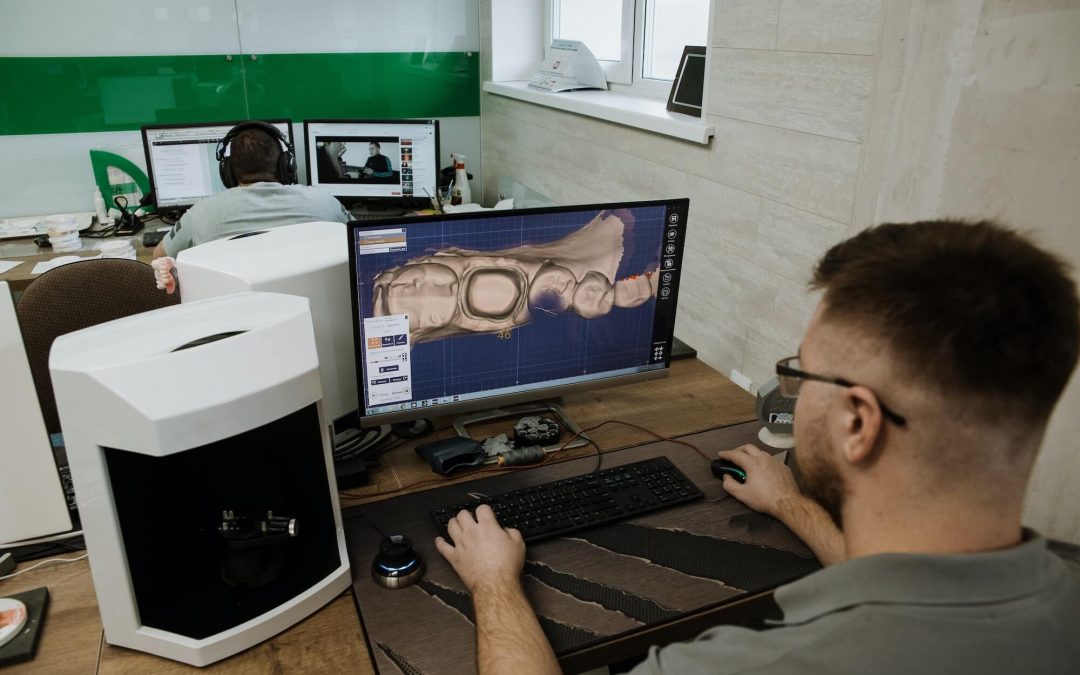With dental implants, you can improve your smile, bite, and oral health while also regaining confidence and the ability to eat and speak without fear of causing further damage to your teeth.
However, even with the best dental implant procedures in place, it’s important to follow the dentist’s guidelines to increase the longevity of your implant so you can enjoy it for decades to come. Here are six tips to make your dental implant last longer.
1) Use toothpaste with fluoride
Using a toothpaste with fluoride can strengthen your teeth and prevent tooth decay. You should use it at least twice a day, ideally after each meal or snack.
Use dental floss daily: Using dental floss once a day after you brush is essential to keep plaque away from your teeth. Flossing can also reduce tooth decay and gum disease.
A common mistake people make is skipping flossing because they don’t like how it feels, but that only leads to more serious issues in later years if you aren’t careful. If you have sensitive gums, try using waxed floss instead of regular since waxed will slide between teeth more easily than uncoated flosses do without irritating gums as much.
2) Brush at least twice a day
Brushing twice a day is essential to avoid plaque build-up. Regular brushing helps keep your teeth looking and feeling healthy, but it also helps protect the dental implant.
Aim to brush lightly—try thinking of it like you’re delicately massaging your teeth with a toothbrush rather than scrubbing them down with a washcloth. Consider using an electric toothbrush; studies have shown that they help remove much more plaque than manual brushes do.
3) Take good care of the gums
A healthy gum not only helps you feel good, but it’s also a key factor to helping keep your implant in place. As you know, implants are inserted beneath gum tissue, so a gummy smile can really put pressure on them.
If there’s no space between teeth and gums (known as a tight smile), that may increase stress on an implant and shorten its lifespan. Keep in mind that gum recession may be caused by certain factors such as grinding or clenching teeth or not flossing regularly; if either of these conditions applies to you, visit a dentist regularly and make any necessary adjustments.
4) See your dentist regularly
The most important piece of advice we can give you is to see your dentist regularly. Regular dental check-ups will help spot cavities, gum disease and other problems before they get out of hand, or at least early enough that we can do something about them. See an orthodontist as soon as you notice anything amiss with your original teeth and implants.
5) Limit acidic foods
Sugary treats, carbonated drinks and other acidic foods can damage tooth enamel over time. Although it might be tempting to indulge in these sorts of foods, try not to do so frequently. The acid from these foods will eat away at tooth enamel, leading to weak spots that are more susceptible to breakage.
We recommend taking extra steps to protect your teeth after eating or drinking something acidic—if you notice any unusual sensitivity, don’t hesitate to discuss it with them right away.
6) Chew on the opposite side
If you’re missing a tooth or several teeth, your dentist may recommend a dental implant. Implants can give you back the functionality and appearance of having a full set of healthy teeth—but it’s important to take good care of them, since they are technically an addition to your body. Chewing on just one side is one way to put undue stress on that addition. (For example, if you’re missing a top front tooth and tend to chew only on one side.)
So as soon as possible after receiving an implant, begin chewing normally again on both sides. That might mean relearning how much pressure to use when biting into food.






